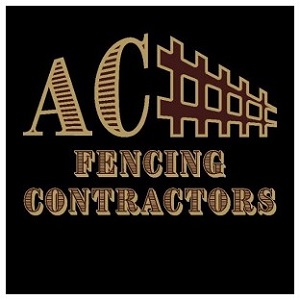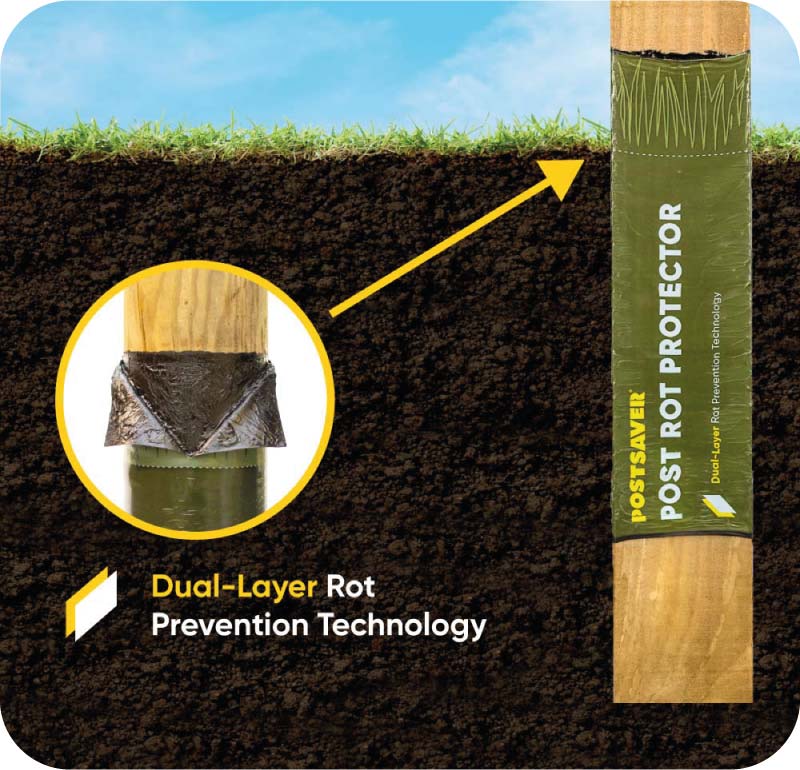The longevity of a wooden fence depends on a number of factors, most notably the type of wood and how it is treated and maintained. Factors such as climate, sun exposure and weather conditions will also play a part. In any case, regular upkeep and repairs will significantly improve the longevity of your wooden fence.
Well-maintained hardwoods such as cedar, redwood and oak have lifespans of between 20 to 30 years, whilst softwoods such as pine and spruce can last between 15 and 20 years if they have been properly treated and maintained.
Most modern fence panels will be treated during the manufacturing process, either through dip treatment or pressure treatment.
Dip-treated panels are immersed in a preservative solution that provides protection against rot, and decay. If you’re opting for dip-treated panels, it’s recommended that you install a gravel board to avoid direct contact with wet ground and re-treat the panels once a year. On average, dip-treated fence panels last between 5 to 10 years, depending on the type of wood. If you’re using gravel boards don’t forget to add a hole for wildlife to pass through your fence.
Pressure-treated panels have an anti-rot preservative solution forced into the cellular structure of the wood at high pressure. Pressure-treated panels tend to offer enhanced resistance against rot and decay and don’t require you to keep up with annual re-treatments. On average, pressure-treated fence panels last between 10 to 15 years, depending on the type of wood.
The weakest part of any fence is the posts. In the case of wooden posts, they are highly susceptible to ground-line rot and decay and without additional protection can rot through at ground level in as little as 5-10 years depending on soil conditions. It’s worth considering rot protection products if you’re looking to use wooden posts as, with
Postsaver protection applied, they are then guaranteed for 20 years.


























